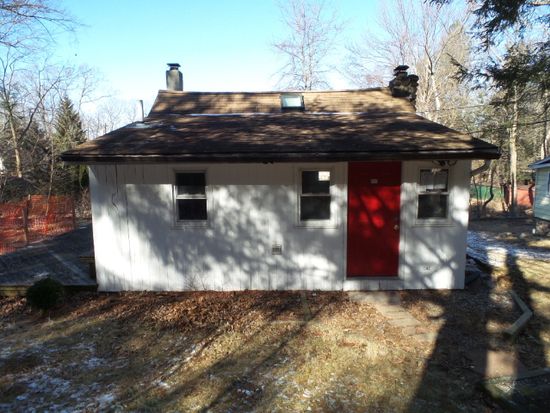
Each April, as HUD celebrates Fair Housing Month and marks the passage of the national Fair Housing Act of 1968, homebuyers and renters are reminded that they are protected from discrimination in buying or renting a home and obtaining a mortgage.
As faith and community organizations seek to serve their members and work for social justice in their communities, the protections of the Fair Housing Act are key tools that help individuals and families find homes without fear of discrimination. Specifically, the law makes it illegal to discriminate in the sale or rental of housing based on race, color, national origin, religion, sex, familial status, and disability.
While great progress has been made in the years since the law was passed, discrimination persists. Last year HUD and its state and local Fair Housing Assistance Program partner agencies received more than 8,300 complaints alleging some form of discrimination. More than half of those complaints, 59 percent, alleged discrimination based on disability. Race was the next highest basis, at 26 percent of complaints. National origin was the third most common basis, at 11 percent, and familial status was the fourth highest category of complaint, with nearly 11 percent.
It’s no longer that common for a person to be told they can’t rent an apartment or buy a house because they use a wheelchair or because they are black or because they come from another country (though sometimes that still happens, too.) But the subtle discrimination that is common today still keeps too many people and families out of the housing of their choice.
The value of strong families is also recognized in the Fair Housing Act, and since 1988 the law has prohibited discrimination against families with children under the age of 18. The law also applies to expectant mothers and those in the process of adopting.
For families with children, one of the most common examples of discrimination is ads that explicitly say “No kids,” or landlords discouraging families from renting, claiming that the site is “not safe” for children. In addition, housing managers sometimes impose overly restrictive rules on families with children, such as saying or implying kids can’t play outside.
Some of the most important work done by faith and community-based organizations involves working closely with families to inform them of their fair housing rights so they can recognize both blatant and subtle housing discrimination.
A list of resources below provides information to help faith and community leaders understand the protections under the Fair Housing Act and what to do if you believe someone’s rights have been violated – because every community and every family deserves a shot at equal housing.
The Fair Housing Act prohibits housing discrimination based on the following “protected categories:”
- Race
- Color
- National Origin
- Religion
- Sex
- Familial Status (including children under the age of 18 living with parents or legal custodians; pregnant women; and people securing custody of children under 18)
- Disability
HUD’s Center for Faith-Based and Neighborhood Partnerships serves as a resource center for secular and faith-based non-profit organizations seeking to partner with HUD to address the housing and community development needs of the neighborhoods in which they operate.
For information on fair housing this month or anytime, you can contact HUD’S Center for Faith-Based and Neighborhood Partnerships at 202-708-2404 or partnerships@hud.gov.
You can also obtain fair housing posters and other outreach resources about fair housing, such as printable, multilingual brochures here.
Paula Lincoln is the Director, HUD Center for Faith-Based & Neighborhood Partnerships.














